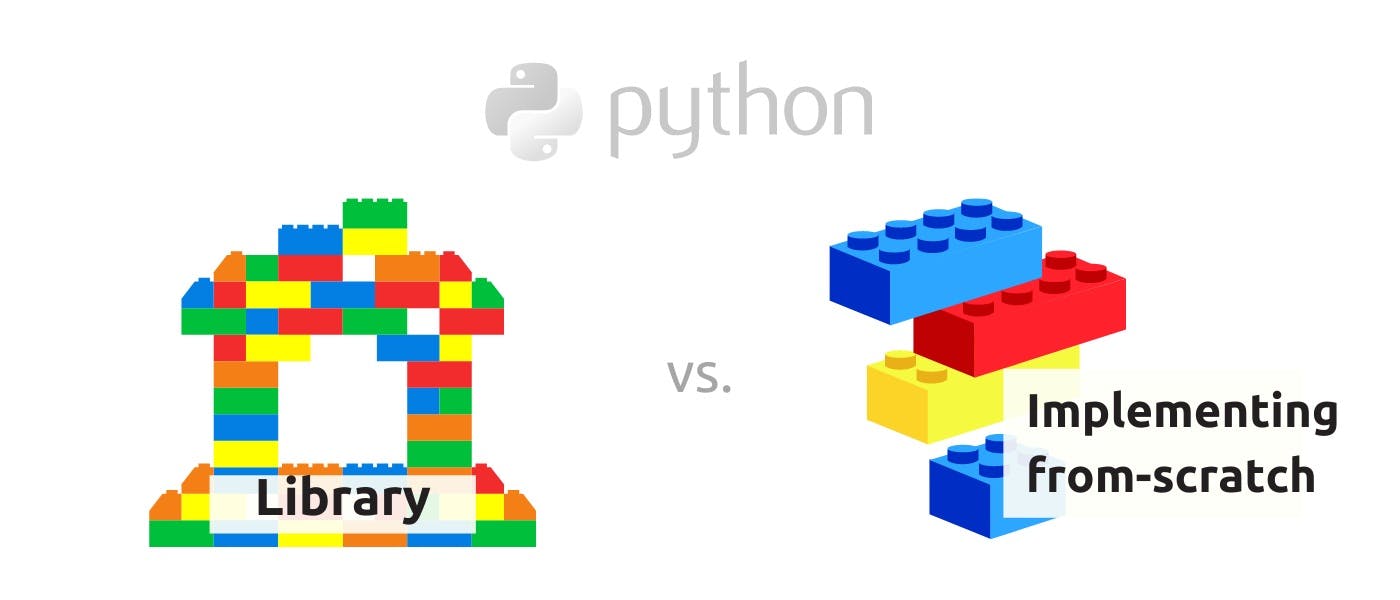2,734 reads
Python Library vs. Implementation From Scratch: 7 Things to Consider
by
November 2nd, 2021
Audio Presented by
Combines ideas from data science, humanities and social sciences. Views are my own.
About Author
Combines ideas from data science, humanities and social sciences. Views are my own.
